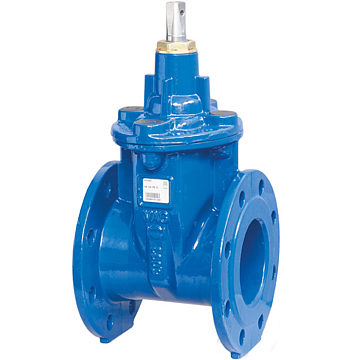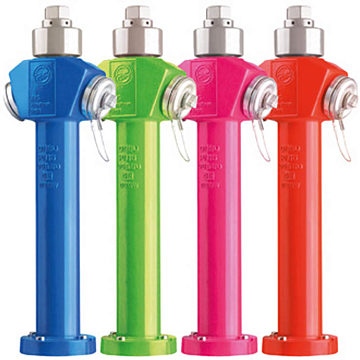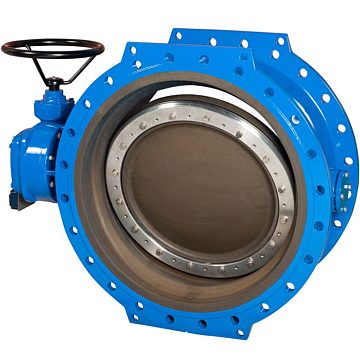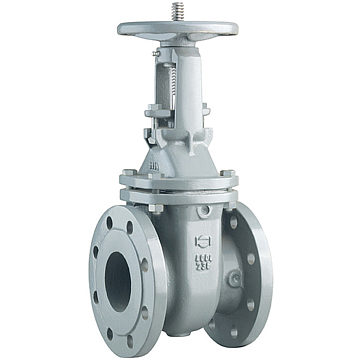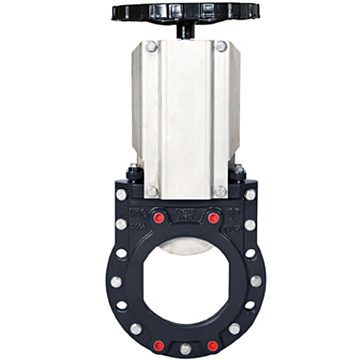VAG Coating diversity
Epoxy and more: overview of all coatings
Apart from the standard epoxy coating we offer numerous other coatings for valves and advise you individually on your needs. Factors such as flow temperature, medium and valve size are decisive for the choice of surface coating.
* not generally valid, since other components of the valve may only be designed for lower working temperatures
